Humanists are a group of people who have dedicated their lives to finding the meaning and purpose of human beings. In their search, they focus mainly on the facts at hand rather than on the doctrines provided by our faiths. The term ‘humanist’ was derived from an old Italian word ‘umanista’ which meant ‘a scholar of Classical Greek and Latin Literature.’ But like all other things, humanism evolved into something much greater than literature. It now concerns itself in giving value and importance to human life and human beings.
1. Clark Adams
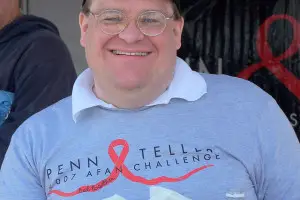
Clark Adams was born on July 23, 1969 and died on May 21, 2007. He was born in Louisville, Kentucky. He studied in a Catholic school, but instead of strengthening his faith in Christianity, he learned to question the teachings of the church. Reading materials from the American atheists in college made him a staunch supporter of atheism. A weekend at Birmingham, Alabama exposed him to other atheists most of whom are very influential and led him to be an active member of the Alabama Freethought Association and the Atlanta Freethought Society. He was also one of the founders of the Secular Coalition for America and is the founder of the Las Vegas Freethought Society. For a time, he was also president of the Humanist Association of Las Vegas and Southern Nevada, one of many chapters of the American Humanist Association. Clark Adams became a member for life of the American Humanist Association shortly before he committed suicide. Clark Adams would be greatly remembered not as an atheist but as a freethought thinker and activist.
2. Lester R. Brown
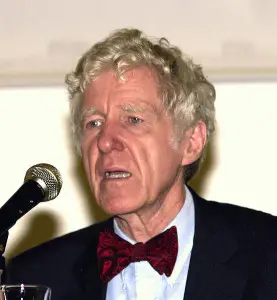
Lester Russell Brown was born on March 28, 1934. He is an environmental analyst with over 50 published books he either authored, co-authored, or edited. These books are about global environmental issues and have been translated into more than 40 languages. In September, 2012, his book Full Planet, Empty Plates: The New Geopolitics of Food Scarcity was released. He is a staunch advocate of the concept of sustainable development which had its roots in farming. He has been a recipient of many awards and recognition for his contributions to the preservation of the environment.
3. Mary Calderone
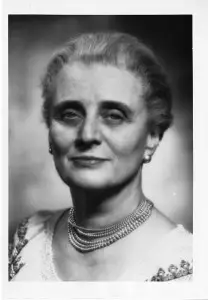 Mary Calderone was born on July 1, 1904 and died on October 24, 1998. She served as president and co-founder of the Sex Information and Education Council of the United States from 1954 to 1982. She was a physician by profession and an advocate of sexual education. She believed that all have the right to information no matter their age. Most notable of her accomplishments was to overturn the policy of the American Medical Association with regard to the dissemination of birth control information to patients. She was named Humanist of the Year by the American Humanist Association in 1974.
Mary Calderone was born on July 1, 1904 and died on October 24, 1998. She served as president and co-founder of the Sex Information and Education Council of the United States from 1954 to 1982. She was a physician by profession and an advocate of sexual education. She believed that all have the right to information no matter their age. Most notable of her accomplishments was to overturn the policy of the American Medical Association with regard to the dissemination of birth control information to patients. She was named Humanist of the Year by the American Humanist Association in 1974.
4. Barbara Ehrenreich
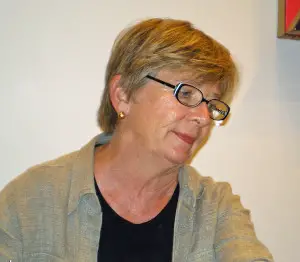
Barbara Ehrenreich, born on August 26, 1941, is best known for her book Nickel and Dimed: On (Not) Getting By In America which was published in 2001. The book was about her three-year experience of being an ordinary minimum-wage earner. The book was highly acclaimed by Newsweek magazine and by The New Yorker. Ehrenreich is not only a widely-read and award-winning columnist and essayist, but she is also a feminist, democratic socialist, and political activist. Among her many awards and recognition was a Ford Foundation Award for humanistic perspectives on contemporary society in 1982, and in 1995 a Guggenheim Fellowship from the John D. and Catherine T. MacArthur Foundation.
5. Rebecca Goldstein
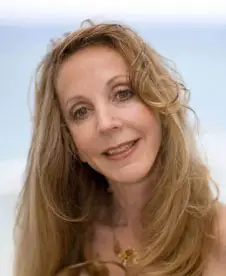
Rebecca Goldstein was born on February 23, 1950 in White Plains, New York. She is a professor of philosophy and a novelist. She has to her credit a biography of Kurt Godel and Baruch Spinoza. She has also written short stories, essays, and five novels. She earned her Ph.D. from Princeton University. She taught various philosophical studies at Barnard University where she had her undergraduate studies.
6. Margaret E. Kuhn
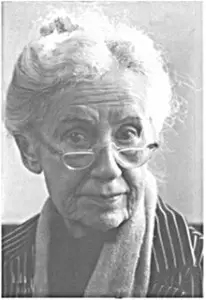
Margaret Kuhn was born on August 3, 1905 and died on April 22, 1995. She founded the Grey Panthers Movement in 1970 and was an American activist. She believed that old people and women were the country’s largest untapped and undervalued source of energy. She was a staunch supporter of human rights, social and economic justice, global peace, integration and understanding of mental health issues. Kuhn at the height of her activism was supporting her disabled mother and mentally sick brother.
7. Ashley Montagu
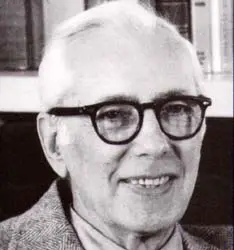
Ashley Montagu was born on June 28, 1905 and died on November 26, 1999. He was a British-American with Jewish ancestry. He was originally named Israel Ehrenberg. He was both an anthropologist and a humanist. Earlier in his life he changed his name to Montagu, Francis Ashley Montagu, and upon relocating in the U.S., he started using ‘Ashley Montagu’ as his name. Race and gender and its relation to politics and development were his main focus, and in 1950 he was the appointed investigator of the UNESCO for its ‘The Race Question’ statement. The American Humanist Association named him Humanist of the Year in 1995.
8. Joyce Carol Oates
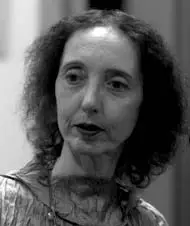
Joyce Carol Oates was born in Lockport, New York on June 16, 1938. She has over 50 novels to her credit, and her first book was published in 1963. She won the National Book Award in 1969 for her book Them. Three of her books were nominated for the Pulitzer Prize, Black Water in 1992, What I lived For in 1994 and Blonde in 2000. She has taught in Princeton University since 1978. As of 2008, she is the Oscar S. Berlind’s ’52 Professor in the Humanities. She is a member of the Board of Trustees of the John Simon Guggenheim Memorial Foundation. She co-founded ‘The Ontario Review’ with her first husband Raymond J. Smith.
9. Carl Sagan
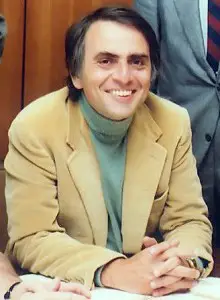
Carl Sagan was born in Brooklyn, New York on November 9, 1934. He died on December 20, 1996. In his lifetime, Carl Sagan had written over 600 scientific papers and was an author, co-author, editor of more than 20 books. He was not only an author, but he was also a astrophysicist, astronomer, and cosmologist. He taught astronomy at Cornell University. He supported the scientific method and was a pioneer of exobiology. He also promoted SETI or the Search for Extra Terrestrial Intelligence. At a young age, Sagan had demonstrated his passion and inquisitiveness towards nature. He was a central figure in discovering the surface temperature of Venus and was one of the first to theorize that Jupiter’s moon Titan has liquid compounds, and that another moon, Europa, may be habitable due to its large amounts of subsurface water. In 1994, he was awarded the Public Welfare medal by the National Academy of Sciences. Carl Sagan’s advocacy was to let people understand the cosmos better with an emphasis on the importance of the human race.
10. Alice Walker
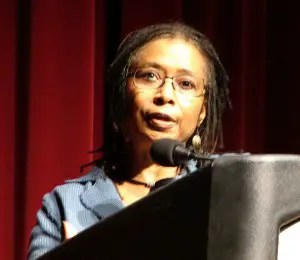
American author, Alice Malsenior Walker, was born in Eatonton, Georgia on February 9, 1944. She is not only an author but also a poet and an activist. She met Martin Luther King, Jr. in the early 1960s while she was still attending Spelman College. This encounter gave rise to her being an activist. She went back to the American South as a member of the Civil Rights Movement. She won a National Book Award and a Pulitzer Prize for the book The Color Purple. Alice Walker was married to Melvyn Rosenman Leventhal and had one daughter, Rebecca. She and Leventhal were the first legally married interracial couple in Mississippi. However, in 1976, they divorced amicably. Walker and her daughter are estranged as Rebecca felt that she was more of a symbol of what her mother was fighting for rather than a daughter.


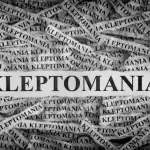





Leave a Reply